The Agency for Healthcare Research and Quality reports that under 1,000 finger surgeries were performed in 2009, compared to nearly one million knee and hip replacements.
The primary reason for the low rate of finger surgery is that it has a high complication and failure rate and there is usually a trade-off between mobility and pain relief. But proven and reliable hand surgeons suggest that this trade-off may be worth it for individuals with severe pain which is untreatable with conservative approaches.
Astute board certified plastic surgeon Dr. Bram Kaufman provides hand surgery and various other procedures to patients in Beachwood, Pepper Pike, Cleveland, OH, and other towns and neighborhoods in the amazing Buckeye State across the landscape.
Fusion vs. Replacement
The two primary surgical options for hand arthritis are arthrodesis (fusion) and arthroplasty (total knuckle replacement). In the arthrodesis procedure, the bones of the joint are fused together, and this adds strength and stability to the knuckle while relieving the pain.
However, it offers limited movement or flexibility. The arthroplasty procedure entails the removal of the compromised joint and the replacement of this joint with an artificial implant.
The objective is to reduce pain and restore the shape and some function in the hand. However, the outcomes are commonly less satisfactory in comparison to knee and hip replacements.
At times, even the best artificial joint is incomparable to a damaged real joint. Therefore, the surgeon has to exercise caution.
The use of arthrodesis or arthroplasty depends on the joint that needs repair, the patient’s age, activity level, and the degree of finger stiffness that they can tolerate. It is likely that both procedures are performed on the different joints in the same hand.
Knuckles
The arthroplasty procedure is typically performed to repair knuckles at the base of the fingers where motion and flexibility are vital. These joints, known as the metacarpophalangeal joints, are the largest ones in the hand. They are crucial for finger function and can be severely damaged due to rheumatoid arthritis (RA).
While joint replacement reduces pain and restores some level of mobility, experts indicate that the results depend on the amount of normal soft tissue that the patient has.
The Base of the Hand
The second joints from the base of the hand are called Proximal interphalangeal (PIP) joints. These joints are susceptible to stiffness and major motion loss typically due to osteoarthritis (OA). At times, replacement surgery is used to address these symptoms, especially in the ring and middle fingers as these fingers need to remain flexible for gripping.
However, due to the heavy use that these implants endure, the implants can wear out fast. Certain surgeons prefer fusing most PIP joints as they can then tolerate stiffness better in comparison to joints closer to the hand. Fusion offers a reliable and permanent solution.
Ends of Fingers
Arthrodesis is typically performed to address arthritis pain in the distal interphalangeal joint. In general, it offers the patient a pain-free, stable, and reasonably functional joint. A serious complication of this procedure involves the failure of the fused bone to align properly or grow together. This may warrant further surgery.
A majority of people enjoy good to excellent outcomes from this procedure. The biggest failing of finger surgery is motion. It usually does not improve after treatment and mobility are typically further reduced in the quest for pain relief.
Cordial cosmetic surgeon Dr. Bram Kaufman receives patients from Beachwood, Pepper Pike, Cleveland, OH, and nearby areas for hand surgery.
To learn more about cosmetic treatment and procedures or to schedule a consultation by Cleveland Ohio area plastic surgeon, Dr. Bram Kaufman, please contact us at 1-216-778-2245 or click here.
